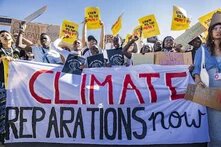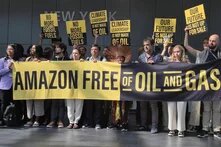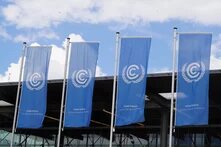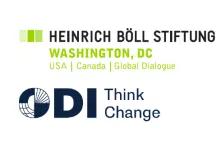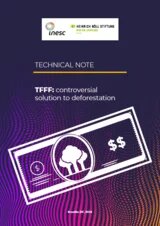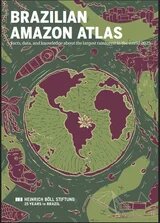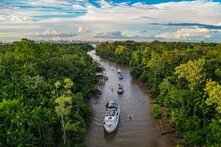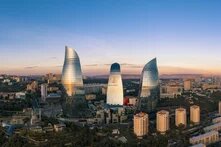International Climate Finance & Policy
Articles
More articles about International Climate Finance & Policy (310)
Dossiers
Publications
More publications about International Climate Finance & Policy (355)
More pages about International Climate Finance & Policy
© Heinrich-Böll-Stiftung e.V.
Schumannstraße 8
10117 Berlin
T +49 (30) 285 34-0
F +49 (30) 285 34-109
www.boell.de
info@boell.de

